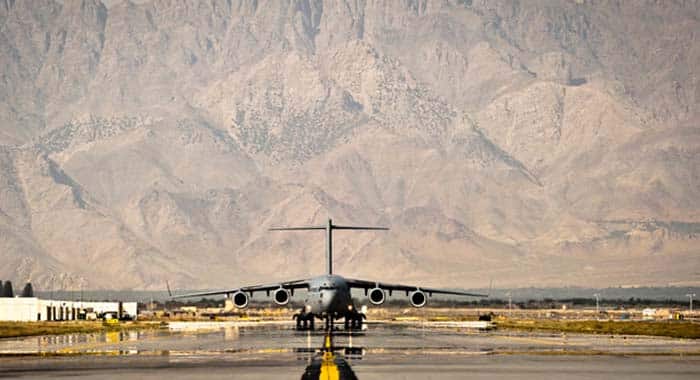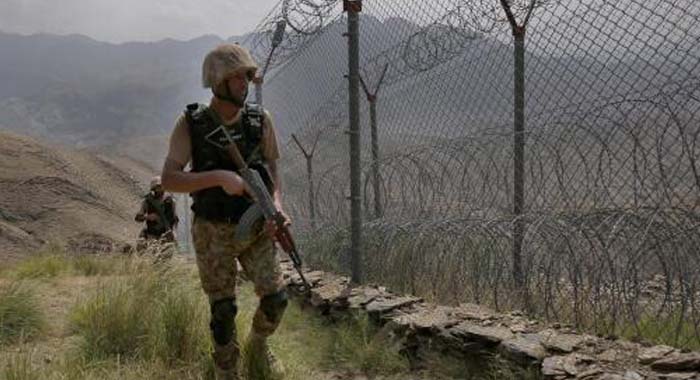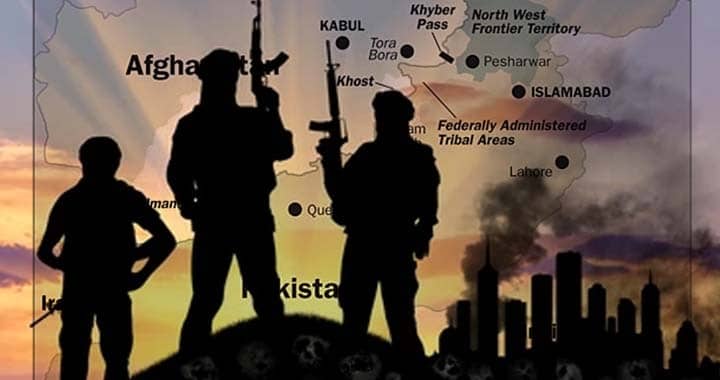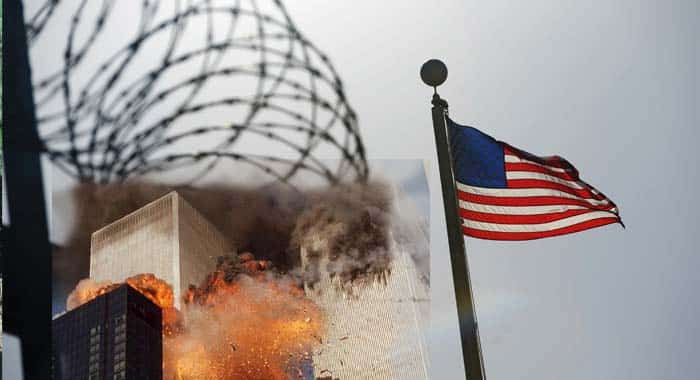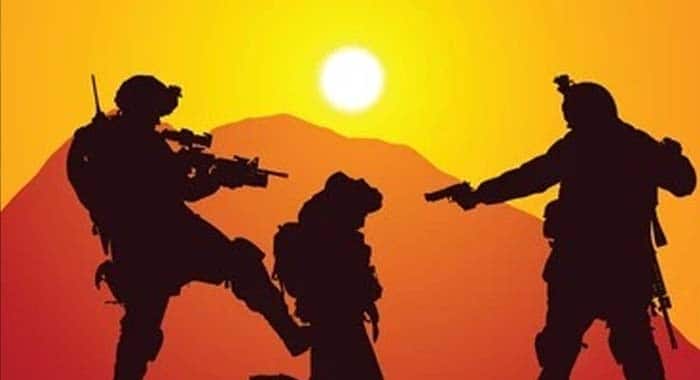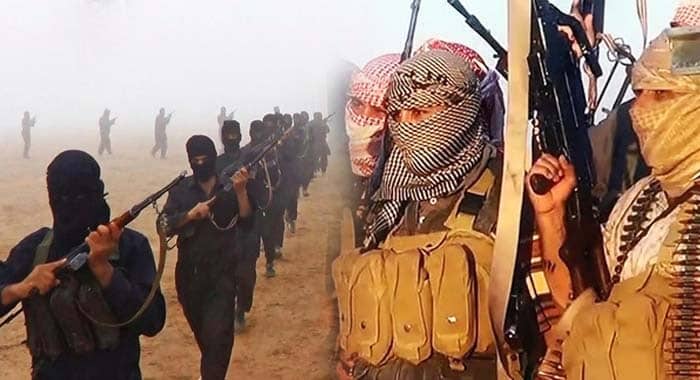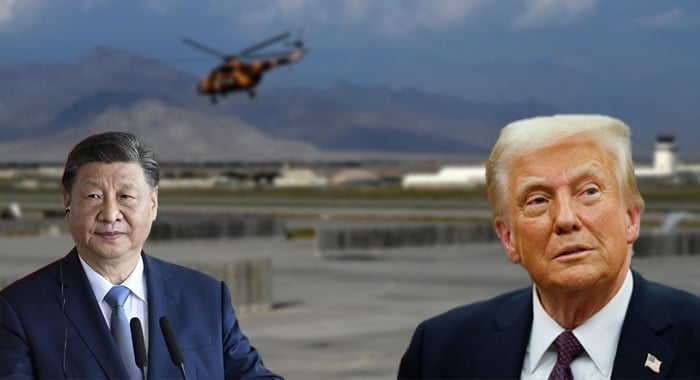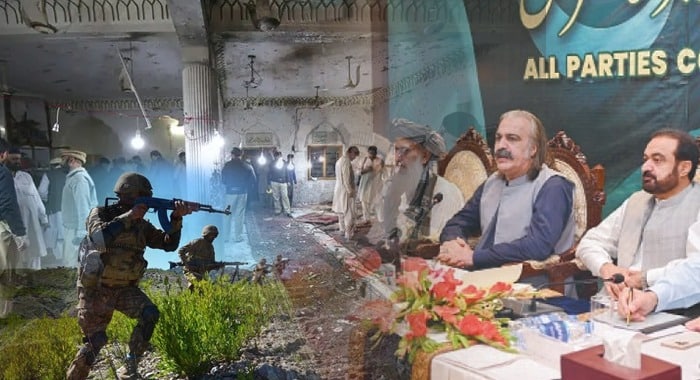Is the Future of Global Power Being Written on Bagram’s Runway?
Donald Trump’s announcement this week that the United States is “trying to get Bagram back” has jolted a debate many in Washington hoped to bury after the 2021 withdrawal from Afghanistan. Standing beside British Prime Minister Keir Starmer, Trump described the decision to abandon America’s largest Afghan airfield as a strategic disaster, not because of […]
Is the Future of Global Power Being Written on Bagram’s Runway? Read More »

